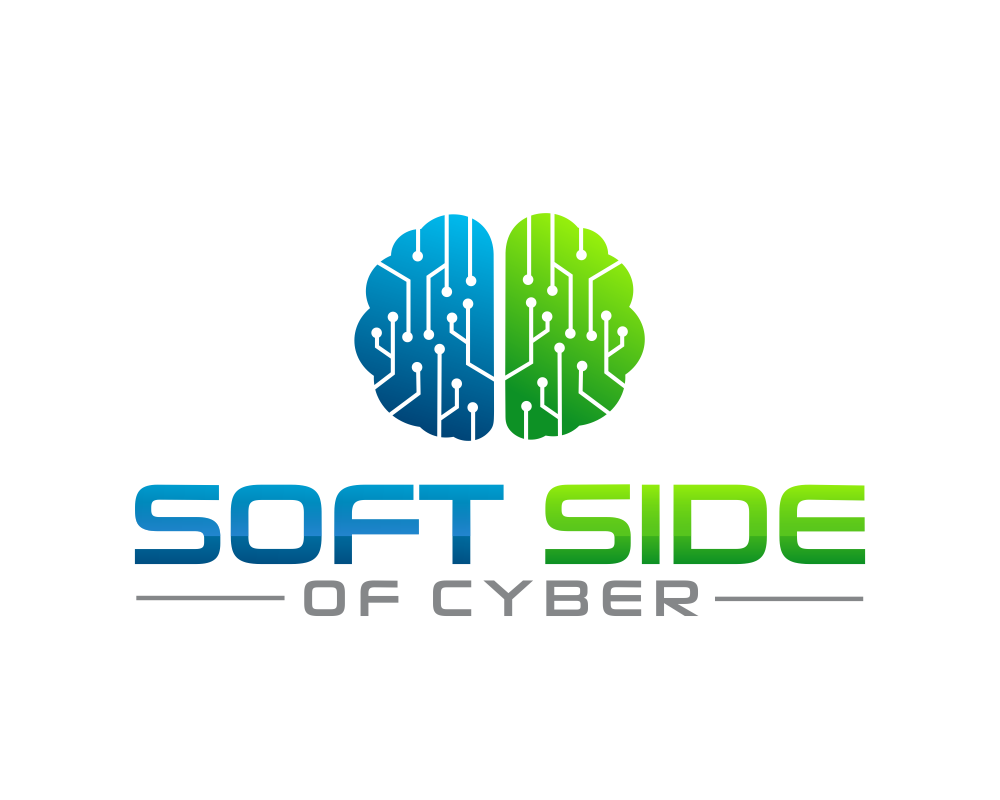Teamwork
Customer-Centric Cybersecurity: A Service Excellence Guide
Business enablement, customer service, and empowering the end user are all terms or phrases we throw around in cybersecurity. Today, we are thrilled to dive deeper into the art of providing exceptional customer service in our ever-evolving cyber landscape. Customer service is talked about in almost every industry, from grocery
Bridging the Gap: A CISO's Guide to Supporting Sales and Marketing with Cybersecurity
Leading a cybersecurity organization is hard. You're not just responsible for security matters, despite what you were told in your interviews. You're expected to help enable the business, support sales and marketing efforts, be a good public representative, be a key component of any digital transformation
The top 10 lies we tell ourselves as security teams
Try as we might, security teams are often subject to the same sort of echo chamber groupthink dynamics that any other function might experience. There are subtle messages or biases that can creep into our collective consciousness and cause significant harm. This article will break down what I see as
Navigating Zero-Day Vulnerabilities: Communicating When Time Is Of the Essence
Dealing with a major zero-day vulnerability can be a nerve-wracking experience for cybersecurity professionals. It requires a delicate balance of technical expertise and effective communication skills to navigate the challenges that arise. In this article, we will explore the significance of soft skills in handling zero-day vulnerabilities and discuss key
Bridging the Gap: Making Cybersecurity Accessible to Non-Technical Colleagues
Learn how to simplify complex cybersecurity concepts for non-IT professionals. Bridge the gap, foster collaboration, and empower colleagues to actively participate in cybersecurity discussions. Enhance your organization's security posture with shared understanding.
Leaning on Subject Matter Experts (When You Know Stuff Too)
Being boss doesn't mean you have all the answers, just the brains to recognize the right one when you hear it.” —Katherine Plumber.
The Feedback Factor: How Effective Feedback Drives Cybersecurity Excellence
Technical skills and knowledge are undoubtedly essential for anyone working in cybersecurity, whether you're a pentester or a SOC analyst, or something else entirely. However, at Soft Side of Cyber, we believe that the true potential of cybersecurity professionals can only be unlocked when they excel in their
Mastering Essential Soft Skills for Cybersecurity Professionals: A Guide to Implementing the CISO's Strategy
The Soft Side of Cyber Podcast We launched our first podcast episode on youtube, iTunes, Spotify, and Google Play. Subscribe and give it a listen today! Listen on youtube Technical expertise is super important in our field. But here's the thing: soft skills are just as crucial when
Soft Skills: The Key to Successfully Implementing Your Cybersecurity Strategy
Last week, Rob talked about how to formulate a cybersecurity strategy. This week, we would like to take the next step and discuss ways to implement that strategy. Developing and implementing a cybersecurity strategy is critical for protecting sensitive data, maintaining business continuity, and building customer trust. However, simply having
Developing an Effective Strategic Plan for Cybersecurity: Balancing Cybersecurity Risks and Business Goals
Writing a strategic plan is hard work. Writing a good one is very humbling. It's just words on a page, you might tell yourself, but this is the direction-setting document your organization will use to inform its work over the coming months to possibly years. Cybersecurity has become
These Shoes Aren't Comfortable
The power of having empathy for our peers
Breaking the Silence: How to Speak Truth to Power in Cybersecurity and Save Your Business from Disaster
Speaking truth to power is a critical aspect of cybersecurity. It ensures that decision-makers are informed about the actual state of their organization's cybersecurity posture. The facts we're referring to are accurate and complete information about the organization's security risks, vulnerabilities, and potential threats.












